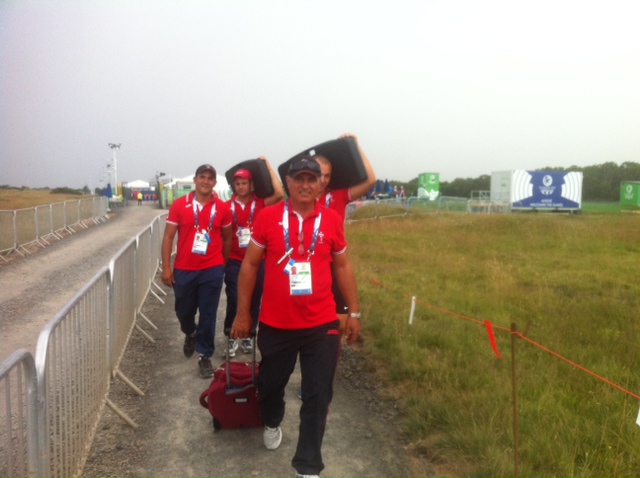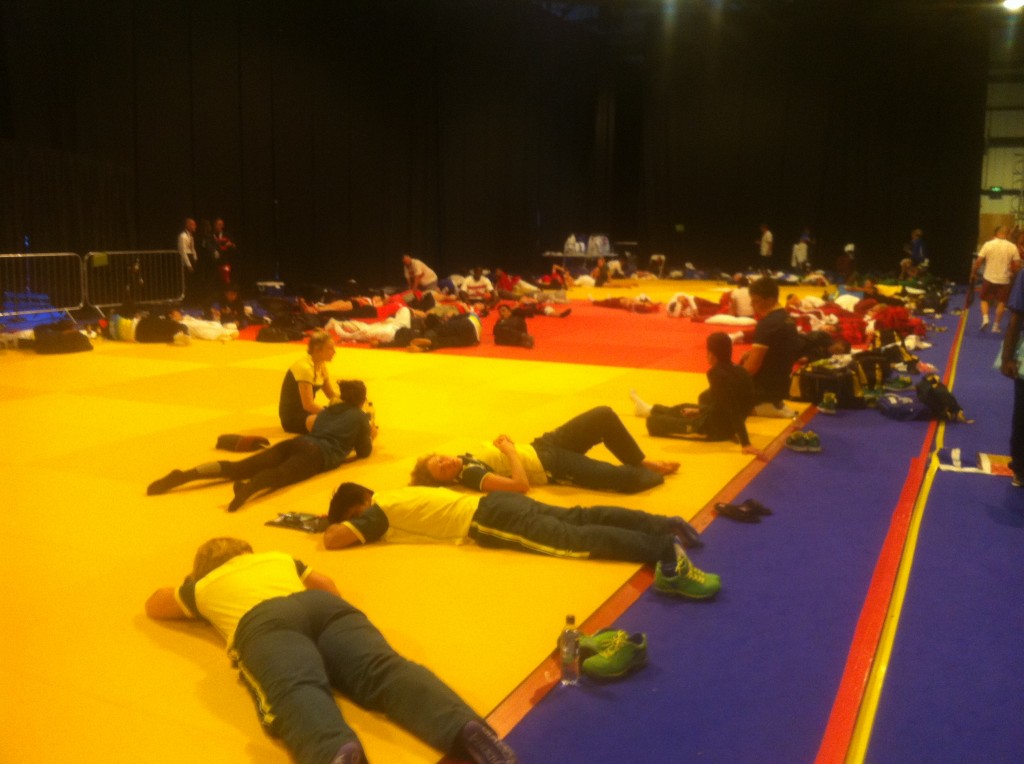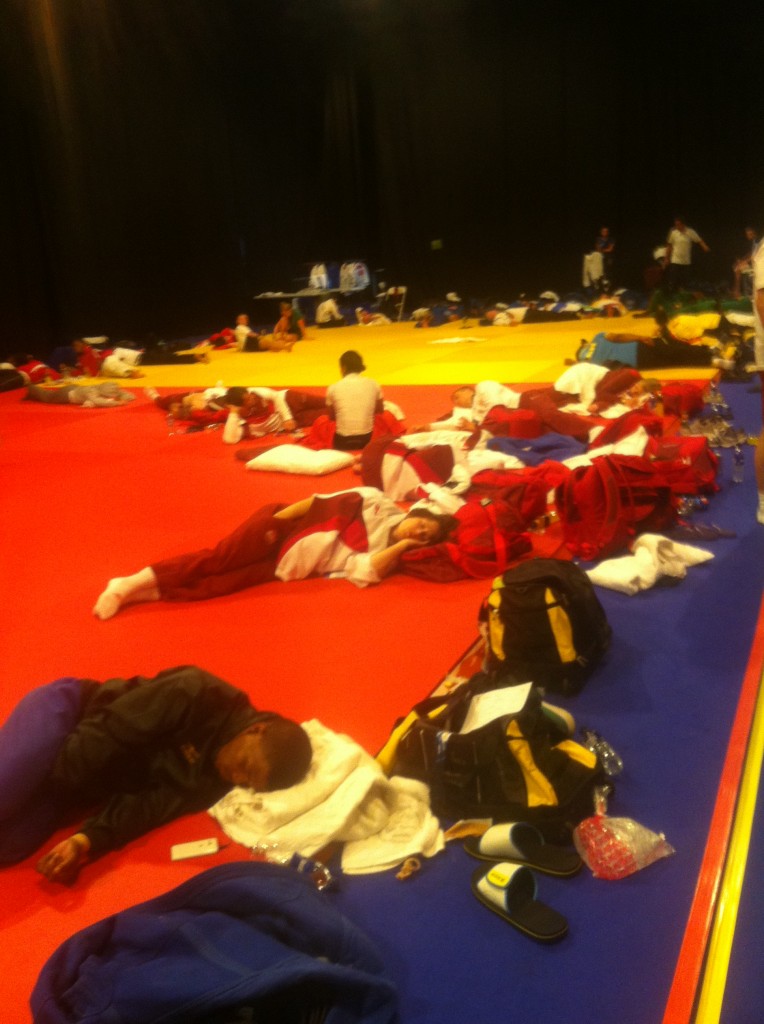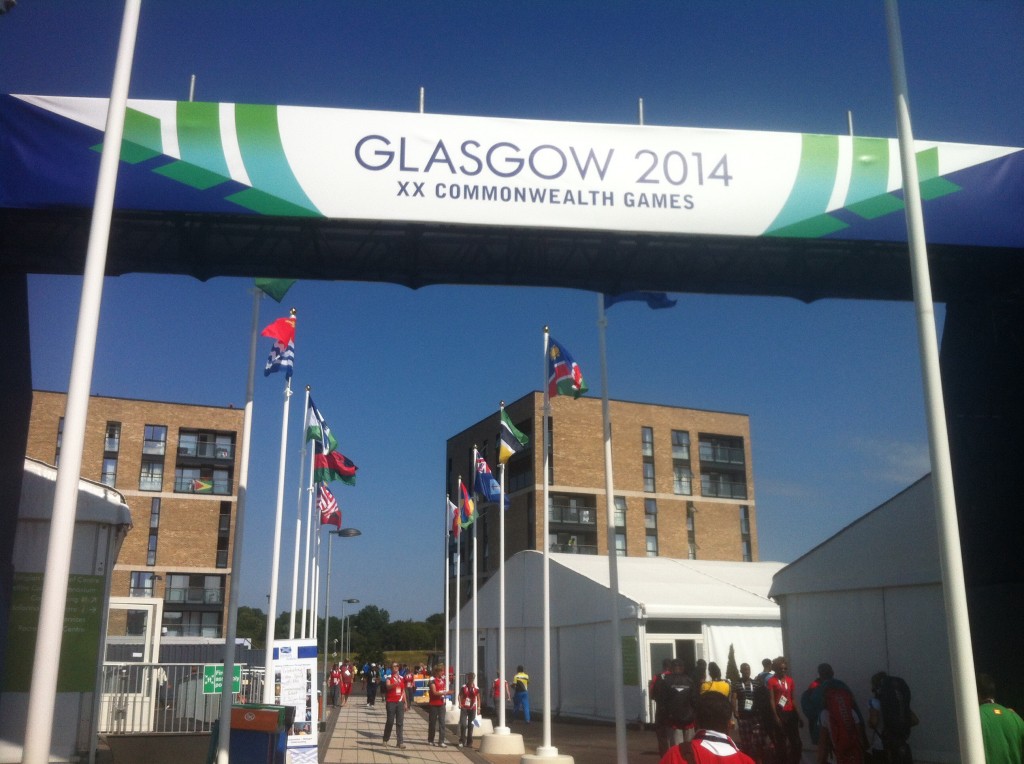I publish with pleasure the article by John Salmela, professional world-renowned, professor of sports psychology at the University of Ottawa and now living in Belo Horizonte, Brazil. The article that should appear in the Brazilian newspaper O Tempo regards the reasons for the defeat of Brazil in the World Cup against Germany.
Brazil’s embarrassing loss has resulted in many hypotheses from the media and fans with little knowledge of applied sport psychology. When you mention psychology and sport, people often think using the medical model, that players are either well, sick or, possibly crazy.
Mental training (MT) has been successfully used in my country Canada, for more than 30 years and is identical to physical, and tactical training, and also requires years of practice. However, MT deals with how athletes think and feel during competitions and must be taught to players during early adolescence and then trained, to the most elite levels over their careers. Physical training involves the development of aerobic and anaerobic systems, physical strength, flexibility and agility. MT requires the players´ skills of knowing that they can control both emotional skills or feelings and cognitive skills, or thinking and planning. of what they want to bring into the game. I have done this for 15 years with the men´s gymnastic teams from age group until the Olympic Games level.
In 1908, Yerkes and Dodson showed that physiological activation had a predictable effect on performance in any domain. Basically, they showed that if a performer was under-stimulated, such as when they just woke up, or over-excited because of intense levels of physical activity, their performance would be negatively affected. So, it was essential that physiological activation levels be raised to an optimal level, as demonstrated by an inverted U curve. This which looks like a gentle hill, where at the bottom when people are comatose, performance levels are low, when they are over excited at the end of the curve, they also perform poorly. But, at the top of the curve was the optimal level of activation for maximum performance.
In 1990, Lew Hardy, showed a significant modification of this model: The catastrophy theory. This added to the above physiological model, the dimension of cognition. He showed that when physiological activation was high, along with high levels of cognitive for worry or fear, the gentle performance hill of was no longer appropriate, and now it was a cliff, and performance dropped catastrophically!.
So what happened against Germany? By playing in Brazil in front of 60,000 cheering spectators, Brazil’s high expectations were certainly caused high cognitive anxiety levels, regarding fear of losing and worry. At the beginning of the game, they ran faster than I have ever observed with them. Thus, their physiological responses were at their maximum, and coupled with high levels of cognitive stress, BADOOM! Off of the cliff they all fell, as the catastrophy model would predict.
What could have been done differently? As in many games in the Cup, the effects of mentally untrained athletes and coaches was evident with the Brazilians. The early sprinting by the players shifted both their physiological and cognitive anxiety into high gear. It is during these moments that they made the most mistakes. A sport science educated coach would have asked them upon first having ball possession, to pass the ball between the defenders and the goalie for a at least a minute to calm down a bit, and then move into the attack mode!
Unfortunately in Brazil, most coaches are not aware of MT, perhaps because they may be threatened by trained mental coaches. So they hire sport psychologists, and call them in to act as band-aids, to discover why the team is crying after a win and other trivial matters, rather than having them to work with developing players to teach them to practice mental skills, and then progress with them to major competitions.
In Canada, there are obligatory governmentally sponsored coach education programs where an international coach cannot represent his country, without having a level 5 in coaching certification. Is it not the time now to move from coaching nepotism by the CBF to former, aging star players, who have little coaching knowledge, to educated individuals with knowledge in all of the sport sciences? Young European coaches such as Löw for Germany, Guardiola in Bayern Munich and Mourinho at Chelsea, have shown the road to success with 21st century coaching in football.









